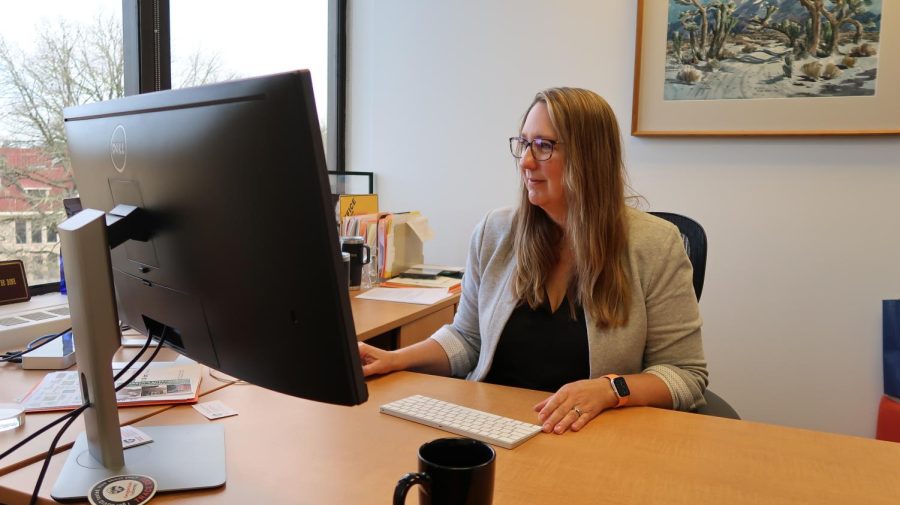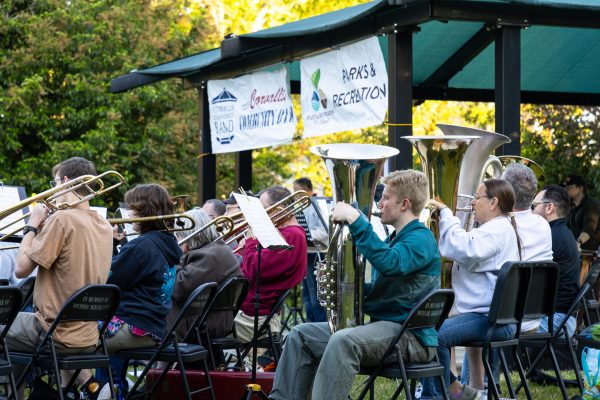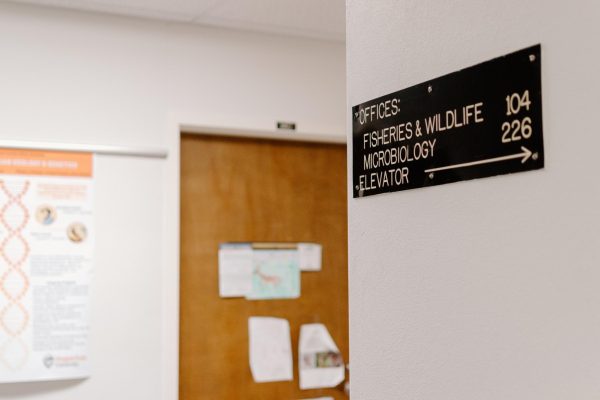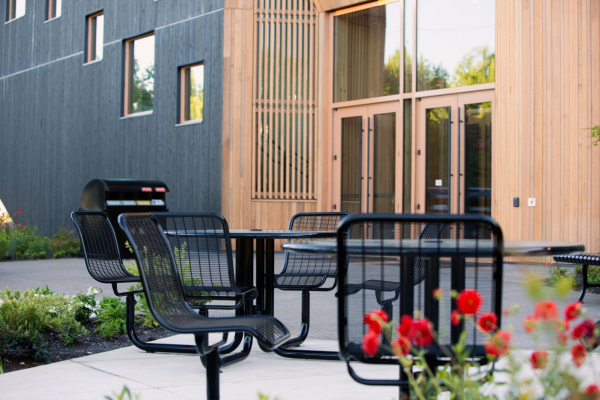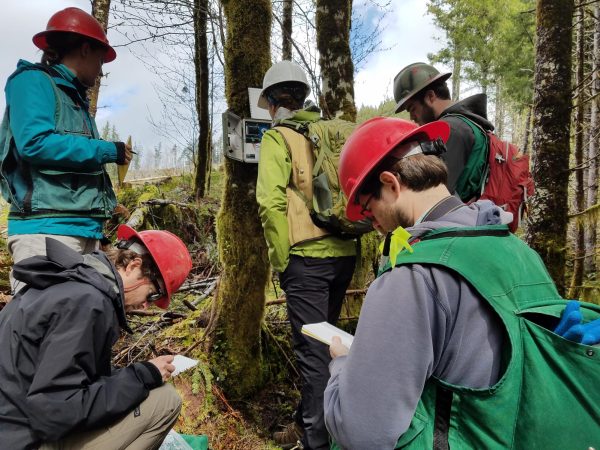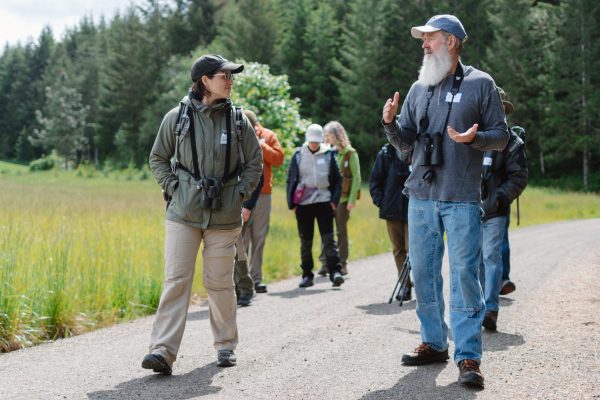OSU seeks continued, added funding from state legislature in 2022 short session
Katie Fast, executive director of Government Relations at Oregon State University, serves as the “conduit” between the university and elected officials. She most frequently works with the state legislature as well as the Higher Education Coordinating Commission.
February 7, 2022
On Feb. 1, the Oregon Legislature began the 2022 short session, a 35-day process which will affect both Corvallis, Ore. and Oregon State University.
Short sessions are legislative sessions which occur on even-numbered years and last for a shorter amount of time than long sessions.
According to Executive Director of Government Relations at OSU Katie Fast there are few constraints on what the legislature can introduce and topics they can discuss. Each legislator may only introduce up to two bills, with committees having a limit of three.
There is a smaller number of bills that will be decided on during the short session, according to Fast. For OSU, this short session provides the chance to request funding for programs across campuses in Corvallis and Bend, Ore. Among these requests, Fast said, are funding for public service programs like the OSU Extension Service, the Oregon Agricultural Experiment Station and the Forest Research Laboratory.
OSU is asking for $2.2 million to fund those service programs, which affect the general public of Oregon.
“We did not get that full request during the 2021 sessions,” Fast said. “So it’s kind of coming back to get there for continuing service level. We’re also working with other universities to support newer programming that was put in place in the 2021 session.”
One of those new programs is the Strong Start program, a summer bridge program that helps reintroduce disadvantaged incoming OSU students to in-person classroom environments after learning remotely for more than two years due to the COVID-19 pandemic.
“It’s targeting those more higher-risk students and trying to give them some support, as they’re coming into their first year at Oregon State,” Fast said. “That’s $7.5 million across the seven public universities.”
OSU is also asking for funding to assist with increasing costs of construction.
“At Oregon State, we’ve got the renovations happening, and it currently holds the new Arts and Education Complex and the Student Success Center at OSU Cascades,” Fast said. “We’re seeing higher-than-anticipated construction costs coming down on those projects, mainly just related to market disruption that we’re seeing across a multitude of different factors and inflation.”
In terms of what is on the ballot for legislation, Fast said there is a bill to reestablish or continue the Harvest Tax, which deals with attacks on harvested timber and partially funds OSU’s College of Forestry with $7 milllion over the course of two years.
Senate Bill 1505 is also on the agenda and would update name, image and likeness statutes for student athletes. If approved, the bill, according to the Oregon Legislature, “Requires [a] person that produces [an] intercollegiate sports team jersey, video game or trading card for profit to make royalty payment to [the] student athlete for use of [the] student athlete’s name, image or likeness.”
There are also expected updates to this NIL legislation that was passed last session. The new updates should allow students at Oregon State to help student athletes set up businesses without being disqualified or counted as agents, according to Fast.
In Corvallis, political changes have been occurring in terms of representatives. Dan Rayfield, who represents Corvallis and Philomath, Ore. in the 16th district, was elected as the Oregon Speaker of the House on Feb. 1, replacing Tina Kotek. Kotek stepped down to focus on her run for the 2022 gubernatorial election.
On the federal side, Sami Al-Abdrabbuh, the director of the Corvallis School Board, recently announced his candidacy to represent Oregon’s 4th congressional district. Peter DeFazio, the current representative for the district, announced he was retiring on Dec. 1, 2021 and will not seek re-election.
“I am very appreciative, honored for all of [Defazio’s] work and representation for me and many people,” Al-Abdrabbuh said. “He assumed office just before I was born, and he was elected about my age. Right now I feel the moral responsibility that all of us need to have a voice and continue building on the foundations that he has built for us.”
According to Al-Abdrabbuh, he wants to be an advocate for not just OSU, but all public schools and universities in terms of funding.
“We can educate children and youth and college students in a way they can seek a career that works for them,” Al-Abdrabbuh said.
Mayor of Corvallis Biff Traber said he is excited to see representation from Linn-Benton Counties federally.
“Sami brings a fresh perspective; he brings a younger perspective to the office,” Traber said.
One aspect of the short session that affects not just Corvallis, but the state as a whole, is the amount of funding the state legislature has for this cycle.
“A big item is the state does have more resources than they would normally have,” Fast said. “The state revenues are up right now, and there’s an estimated $1.5 billion above what was estimated at the end of the ‘21 session. We expect them to be making a lot of kinds of investments and spending during the short session.”












































































































